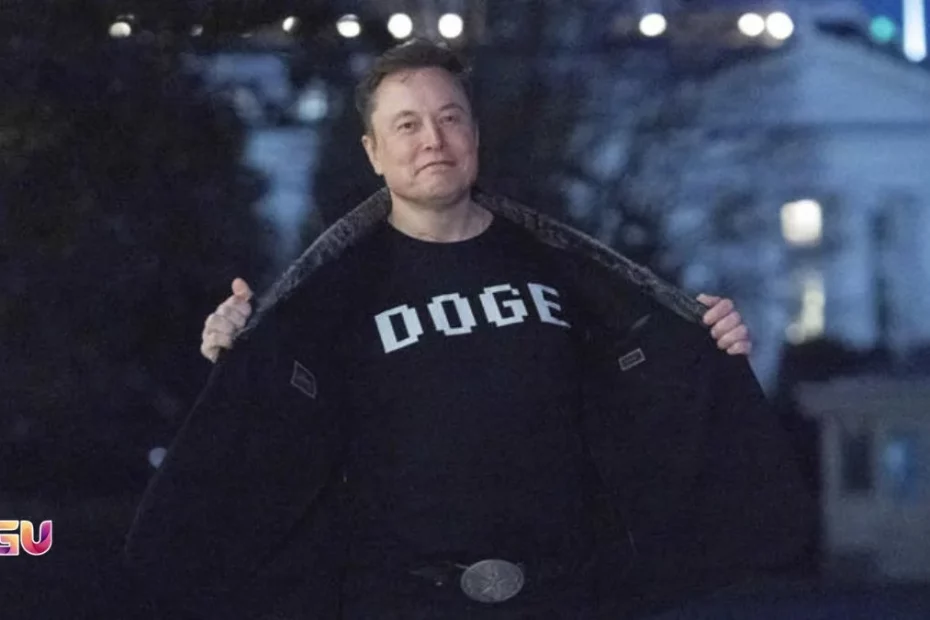Federal Judge DOGE Reinstatement: In a major decision that reignited debate over executive authority and data privacy, the U.S. Supreme Court has sided with the Trump administration in two critical cases involving the Department of Government Efficiency (DOGE), delivering what some are calling a de facto federal judge DOGE reinstatement.
On Friday, the court lifted lower court orders that had blocked DOGE from accessing Social Security Administration (SSA) records and temporarily halted an investigation into DOGE’s internal communications and activities. The rulings allow DOGE—a Trump-era department created to streamline government operations—to resume work previously frozen by federal judges.
Trump’s DOGE Cleared to Access Sensitive SSA Data
The first case revolved around a challenge to the SSA’s decision to grant DOGE team members access to millions of Americans’ private records. A federal judge in Baltimore, responding to privacy concerns raised by labor unions and advocacy groups, initially blocked DOGE access. But in a short, unsigned order, the Supreme Court overturned the lower court’s injunction, ruling that the government’s modernization efforts should not be hindered pending appeal.
Justice Ketanji Brown Jackson, joined by Justices Sotomayor and Kagan, dissented sharply, warning that allowing DOGE “unfettered access” to personal data without full legal review set a troubling precedent.
FOIA Battle Over DOGE Paused by High Court
In a second case tied to a lawsuit by watchdog group CREW (Citizens for Responsibility and Ethics in Washington), a D.C. judge had granted sweeping discovery access into DOGE’s inner workings—including the ability to depose DOGE Administrator Amy Gleason. CREW argued this was necessary to determine whether DOGE qualifies as a federal agency subject to the Freedom of Information Act (FOIA).
But the Supreme Court put that discovery process on hold and sent the matter back to the D.C. Circuit Court for further review, citing concerns over executive confidentiality and the separation of powers.
Political & Legal Ramifications
The rulings amount to a significant win for former President Donald Trump, who created DOGE by executive order on his second inauguration day to “modernize Federal technology and eliminate waste.” Though not a cabinet-level agency, DOGE has played a central role in Trump’s strategy to reduce the size of government.
By essentially overriding federal judges’ attempts to limit DOGE’s operations, the Supreme Court has paved the way for a federal judge DOGE reinstatement of sorts, reauthorizing DOGE’s controversial access to sensitive government systems.
What’s Next?
The decisions do not end the lawsuits, but they provide DOGE with legal breathing room as cases return to lower courts. Meanwhile, watchdogs continue to express alarm about transparency and the risks posed by non-anonymized data sharing between agencies.
With federal data privacy and executive authority in the spotlight, the DOGE rulings may become defining cases in how far future administrations can go in reshaping federal infrastructure without legislative oversight.
